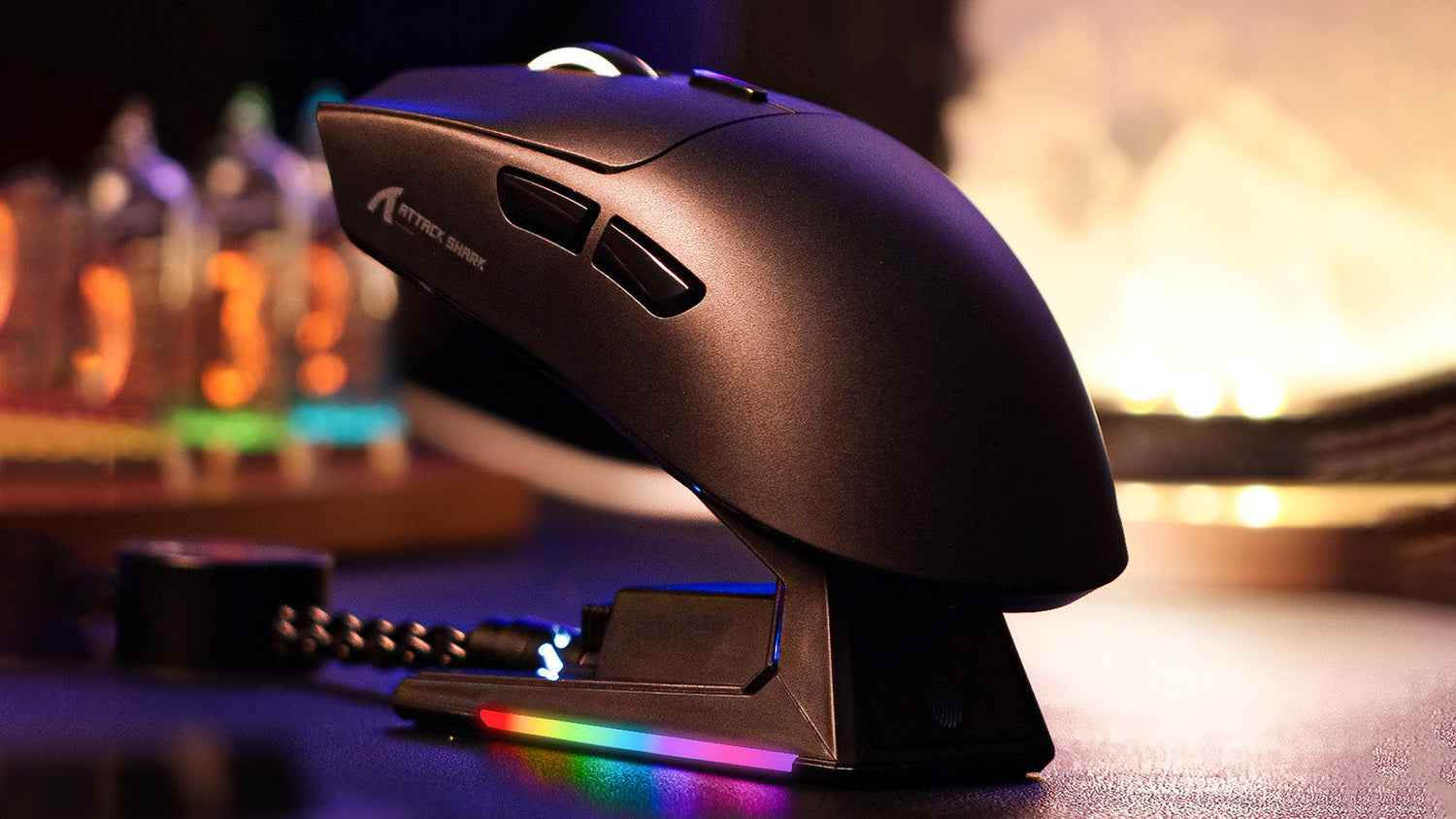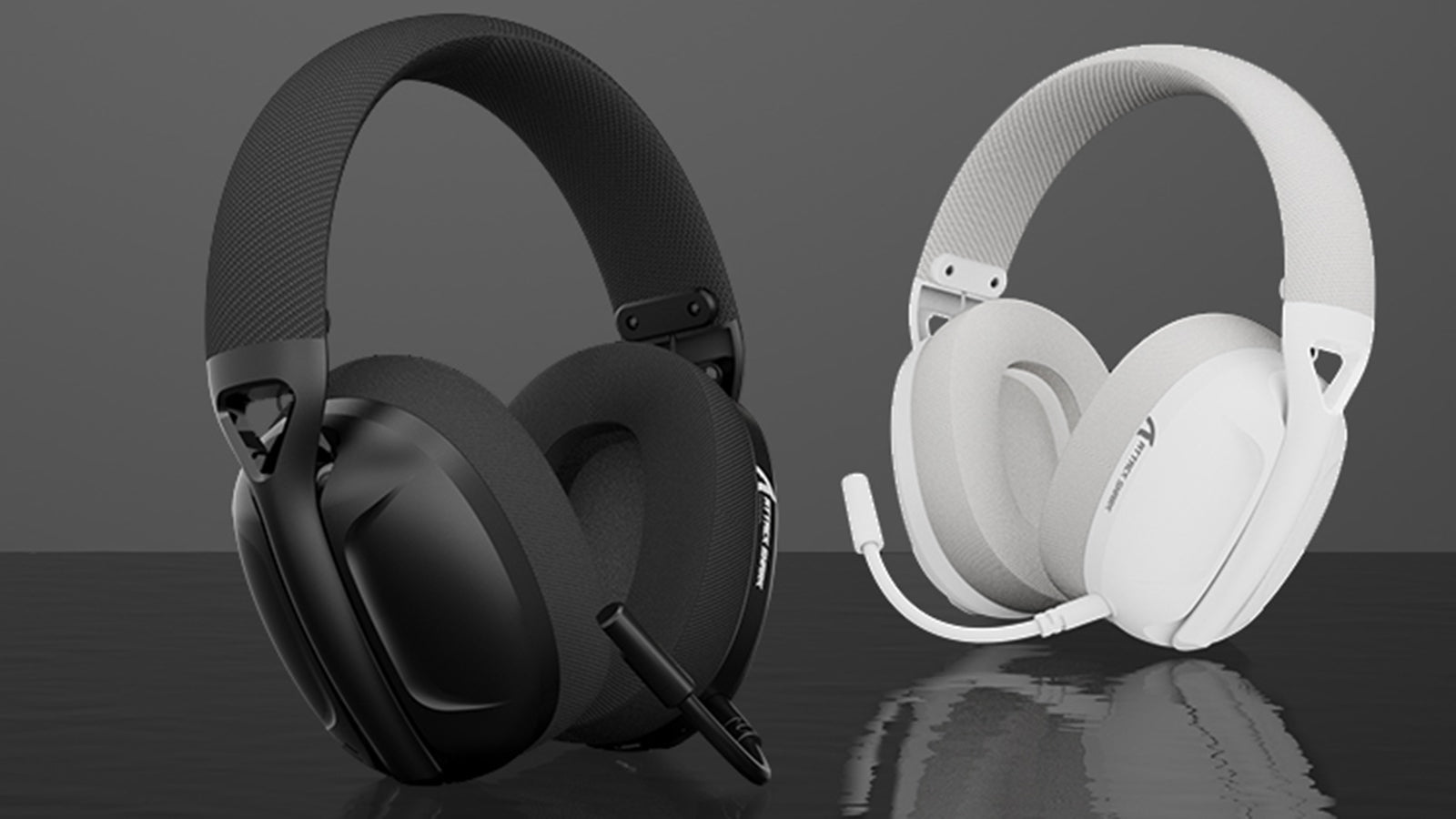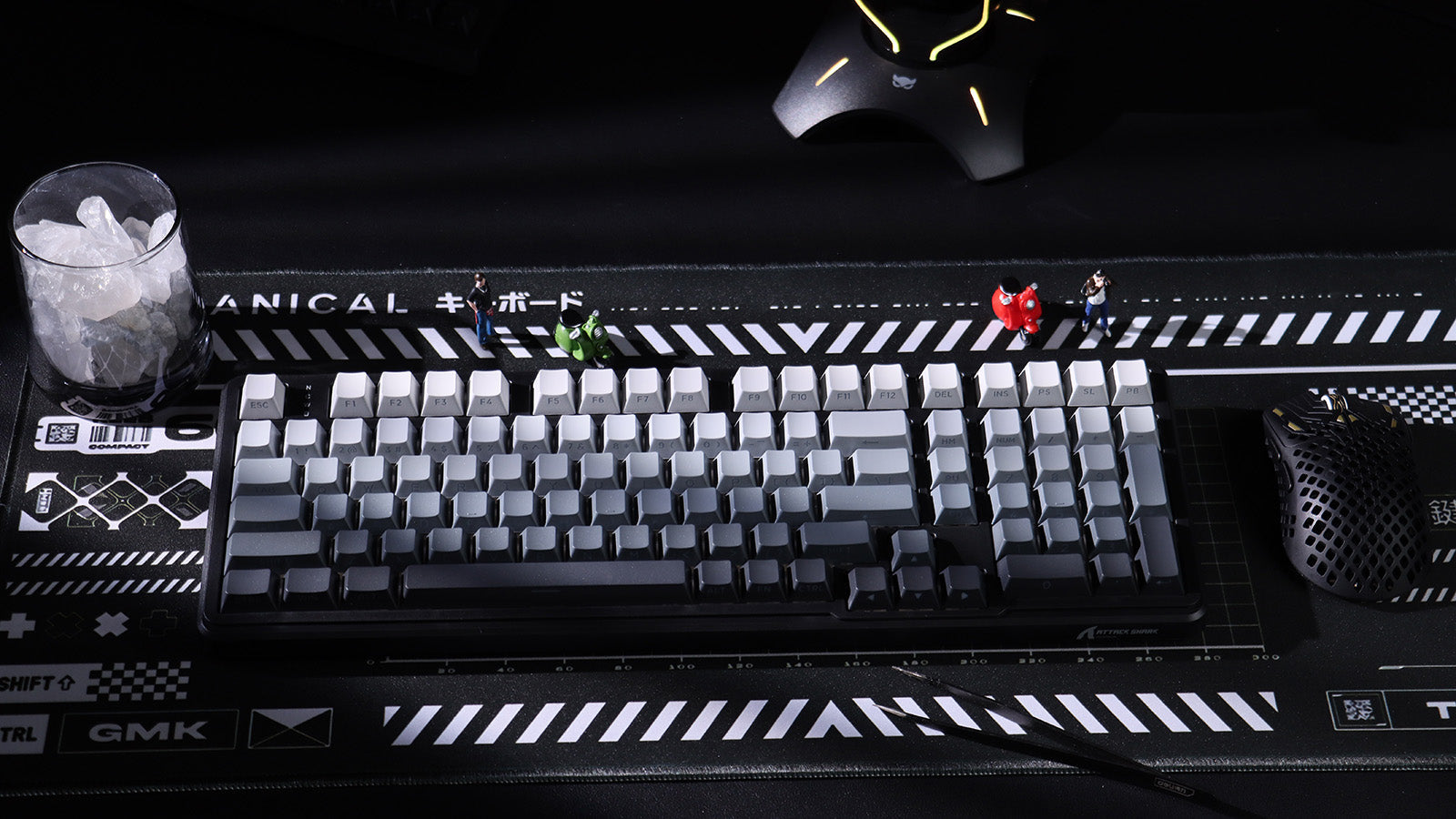En el mundo de los videojuegos, la elección del ratón puede influir significativamente en el rendimiento y la experiencia de juego. La discusión entre ratones inalámbricos y con cable ha cautivado durante mucho tiempo tanto a jugadores como a profesionales. Los ratones con cable suelen destacar por su fiabilidad y menor latencia, mientras que los inalámbricos ofrecen mayor libertad de movimiento y evitan enredos de cables. En este artículo, analizamos si los ratones con cable realmente tienen una ventaja en el mundo de los videojuegos, examinando las principales disparidades tecnológicas, ventajas y posibles inconvenientes para que puedas tomar una decisión informada según tus necesidades.
¿Qué debe saber sobre la tecnología del mouse para juegos?
Ratones con cable e inalámbricos
Los ratones con cable se conectan directamente a la computadora mediante un cable , lo que les proporciona alimentación y datos constantes, eliminando así los problemas de descarga de batería e interferencias. Los ratones inalámbricos funcionan mediante radiofrecuencia o Bluetooth, lo que les permite liberarse de los cables, aunque a veces conlleva una mayor latencia y posibles problemas de conectividad. La tecnología de videojuegos ha evolucionado con el tiempo, y ambas variantes han triunfado gracias a un mayor rendimiento y una tecnología más avanzada.
Características principales de los ratones para juegos
Las áreas clave son los DPI (puntos por pulgada) , que miden la sensibilidad: un DPI más alto permite un movimiento más rápido del cursor. La tasa de sondeo, o la cantidad de veces por segundo que el ratón informa su posición al ordenador, también afecta la capacidad de respuesta; una tasa más alta permite un movimiento más fluido. La ergonomía y las funciones personalizadas también son importantes, permitiendo a los jugadores configurar ajustes para mayor comodidad y control durante sesiones largas.

¿Por qué son ventajosos los ratones con cable para jugar?
Latencia y rendimiento
La latencia se refiere al tiempo que tarda la entrada del usuario en mostrarse en pantalla, y es crucial en los videojuegos, donde las decisiones se toman en fracciones de segundo. Los ratones con cable suelen tener menor latencia que los inalámbricos, lo que proporciona respuestas más rápidas y consistentes, necesarias en los juegos competitivos. Esta conexión directa minimiza las interrupciones y ofrece un rendimiento fluido incluso durante sesiones prolongadas.
Confiabilidad y consistencia
Un ratón con cable ofrece una fiabilidad inigualable gracias a su conexión segura. A diferencia de sus homólogos inalámbricos, que pueden verse afectados por interferencias de señal, los ratones con cable no presentan variaciones en el rendimiento, sino una fiabilidad constante. Además, los jugadores no tienen que preocuparse por la duración de la batería, ya que los ratones con cable se alimentan directamente del ordenador, por lo que nunca causan interrupciones en el juego por batería baja.
Costo-efectividad
Los ratones con cable suelen ser más económicos que sus alternativas inalámbricas. Gracias a la tecnología más sencilla de las versiones con cable, se utilizan menos piezas, lo que minimiza la probabilidad de fallos técnicos y prolonga la vida útil del producto. Para los jugadores que buscan maximizar el valor sin sacrificar la calidad, los ratones con cable ofrecen una solución asequible, ideal para juegos ligeros y exigentes.
¿Cuáles son las posibles desventajas de los ratones con cable?
Movilidad y flexibilidad
Los ratones con cable están limitados por la longitud de sus cables, lo que limita su movilidad. Esto puede ser un inconveniente para los jugadores que buscan espacios más amplios o un área de juego más amplia. La gestión de cables también genera desorden en el escritorio, con posibles enredos e interferencias en la fluidez del juego.
Desgaste
La conexión física de los ratones con cable también provoca el deterioro de los cables con el uso. Doblarlos o tirarlos constantemente puede provocar deshilachados o desgaste interno, lo que afecta al rendimiento. Para una mayor durabilidad, es fundamental elegir modelos con estructuras robustas y cables resistentes que soporten un uso prolongado. Limpiar y revisar el ratón con frecuencia ayudará a minimizar estos problemas, pero siguen siendo un inconveniente para los usuarios que buscan fiabilidad a largo plazo.

¿Cuándo debería elegir un ratón inalámbrico?
Libertad de movimiento
Los ratones inalámbricos ofrecen la clara ventaja de jugar sin cables, ya que permiten a los jugadores mayor libertad y facilidad de movimiento. Esto es especialmente útil para quienes prefieren entornos ordenados y minimalistas y no desean preocuparse por los enredos de cables. Para quienes cambian frecuentemente de dispositivo o juegan en diversos entornos, los ratones inalámbricos eliminan las limitaciones de los cables.
Avances en la tecnología inalámbrica
La última tecnología inalámbrica ha mejorado significativamente el rendimiento, reduciendo la latencia a niveles prácticamente imperceptibles en comparación con sus homólogos con cable. Los ratones inalámbricos para juegos actuales también han mejorado la duración de la batería, y algunos duran días o incluso semanas con una sola carga, lo que reduce las interrupciones durante el juego. Algunas marcas de alto rendimiento, como ATTACK SHARK X3 y X6 , son incluso las favoritas de los jugadores competitivos por su alta precisión y respuesta. Estas mejoras convierten a los ratones inalámbricos en una opción ideal para los jugadores más exigentes que buscan la mejor combinación de rendimiento y comodidad sin sacrificar la velocidad ni la precisión.

¿Cómo elegir correctamente entre ratones con cable e inalámbricos?
Preferencias personales de juego
Tu elección debe depender del tipo de juego que juegues. Los juegos de acción rápida como los FPS (juegos de disparos en primera persona) requieren movimientos rápidos y precisos, que pueden beneficiarse de la menor latencia de los ratones con cable. Los juegos de estrategia en tiempo real (RTS) y los juegos casuales pueden priorizar la comodidad sobre la velocidad. La ergonomía es crucial; considera un ratón diseñado para adaptarse cómodamente a tu mano durante sesiones prolongadas para evitar la fatiga y mejorar el rendimiento.
Presupuesto y longevidad
Evalúe el equilibrio entre el costo inicial y el valor a largo plazo. Los ratones con cable suelen ser más económicos al principio, pero invertir en un modelo duradero puede garantizar su longevidad y reducir los costos de reemplazo en el futuro. Considere las opciones de garantía y la atención al cliente, ya que un servicio confiable puede aumentar el valor total de su compra.
Prepare su configuración para el futuro
A medida que la tecnología evoluciona, busca ratones compatibles con las nuevas tendencias y tecnologías. Opta por modelos que admitan actualizaciones de firmware o que tengan diseños modulares que permitan actualizaciones de hardware, lo que garantiza su viabilidad a medida que cambian tus necesidades de juego. Además, comprueba la compatibilidad con posibles expansiones, como periféricos adicionales, para mantener una configuración adaptable. Equilibrar estos factores te ayudará a elegir un ratón que se adapte tanto a tus preferencias actuales como a tus aspiraciones futuras.






Dejar un comentario
Este sitio está protegido por hCaptcha y se aplican la Política de privacidad de hCaptcha y los Términos del servicio.